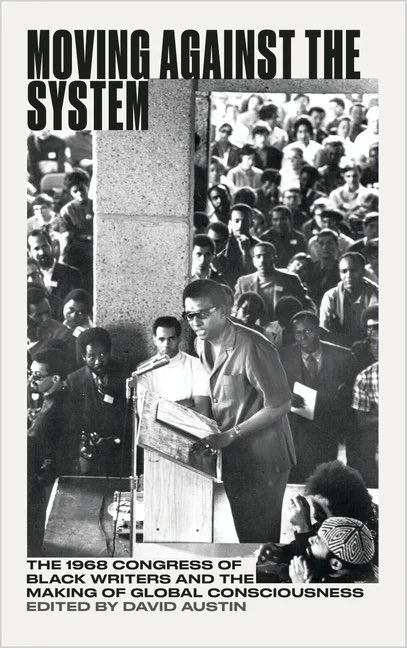
alvin poussaint
“i’m a psychiatrist, which means that i was trained, basically, in freudian-type psychoanalytical methods with some variations on a theme, which is basically a european, western, white science.”

“i’m a psychiatrist, which means that i was trained, basically, in freudian-type psychoanalytical methods with some variations on a theme, which is basically a european, western, white science.”


“you have to remember that freud got most of his theories from analyzing upper-class white women in europe and that, from this, he developed a whole type of psychoanalytic theory. so, there’s some question of how relevant this type of thinking might be to black people[…]”
“and particularly for people who are from different cultures—the asian people, the african people—and whether we can really see them in a type of western, freudian framework.
the other thing about psychiatrists is that they tend to see psychopathology.”
the other thing about psychiatrists is that they tend to see psychopathology.”
“we’re trained as medical doctors and we’re trained to look for problems, disease, and illness. so we tend to be negative or lean toward picking up disease without taking a look at the strengths of people, what their assets are, what their abilities for a good adaptation are.”
“and this is very true in terms of the black man. when sociologists or psychiatrists study the black man in the united states, they’re looking for problems, for a hotbed of pathology that social scientists rush in to study; and not just white social scientists[…]”
“but also black social scientists. and this goes on so much that you would think that black people were completely mad, or completely diseased in some way. we have to remember, too, that psychiatrists, by the very nature of their operation, tend to support the status quo[…]”
“because they’re usually dealing with individual sickness. they take out an individual and they define him as sick. now frankly, it doesn’t matter to them too much that the society may be sick because they don’t know how to deal with the society.” 

“so, they take the patient and they try to help him adjust or adapt to that society. scientists frequently will tell you that they’re letting people be themselves. but often this can’t be so. the very nature of the operation frequently gets them to help you to feel better[…]”
“and sometimes to feel better you have to come into more harmony with the system. so that if you define black people’s problems in terms of psychopathology or individual psychopathology, you’re letting the system off easy[…]”
“you’re making the victim of the problem somehow responsible for the illness in the larger society.” 

• • •
Missing some Tweet in this thread? You can try to
force a refresh





